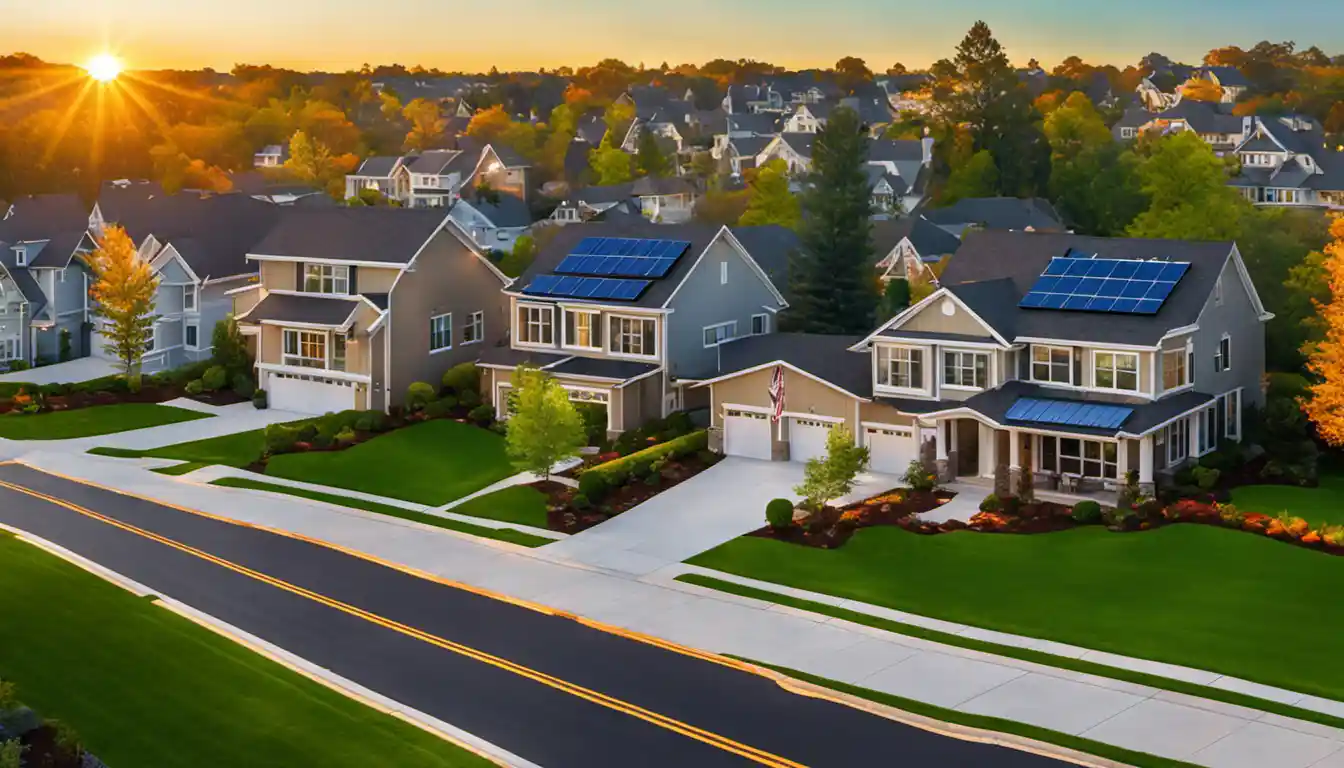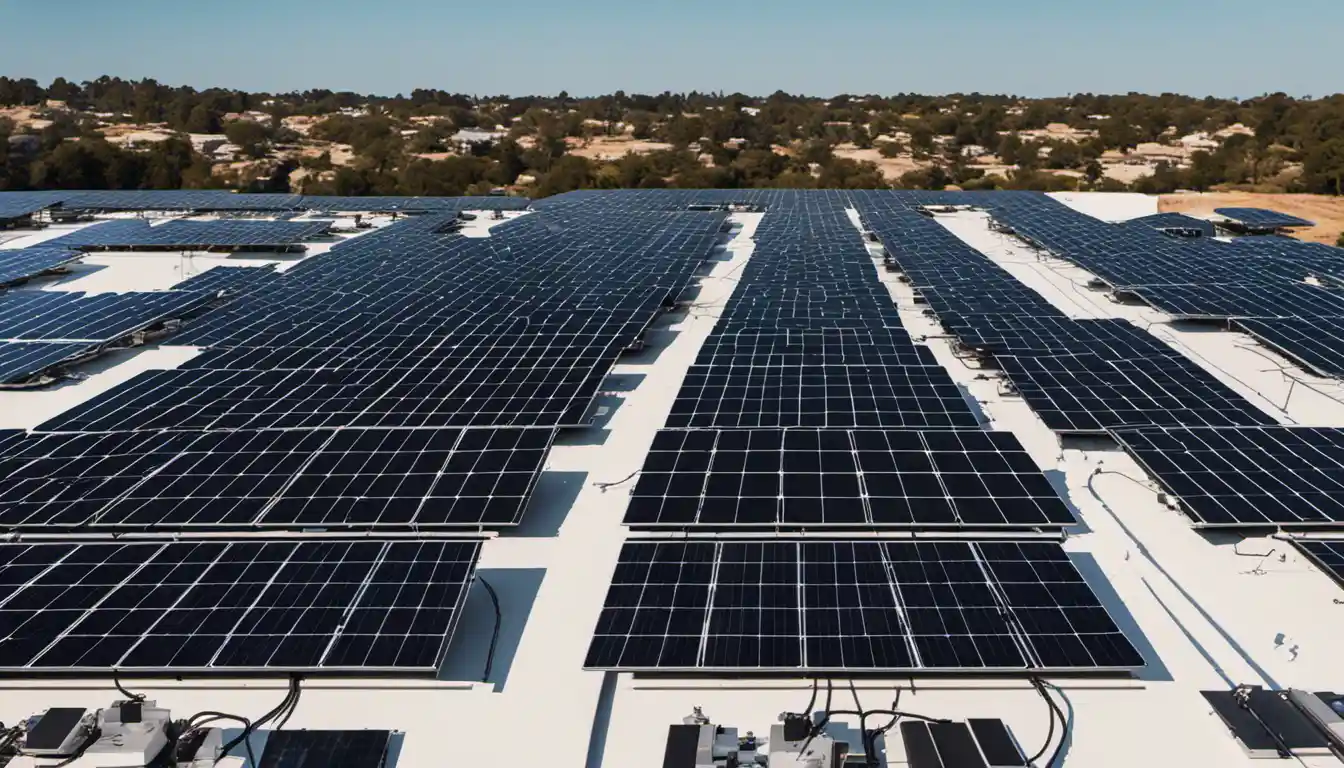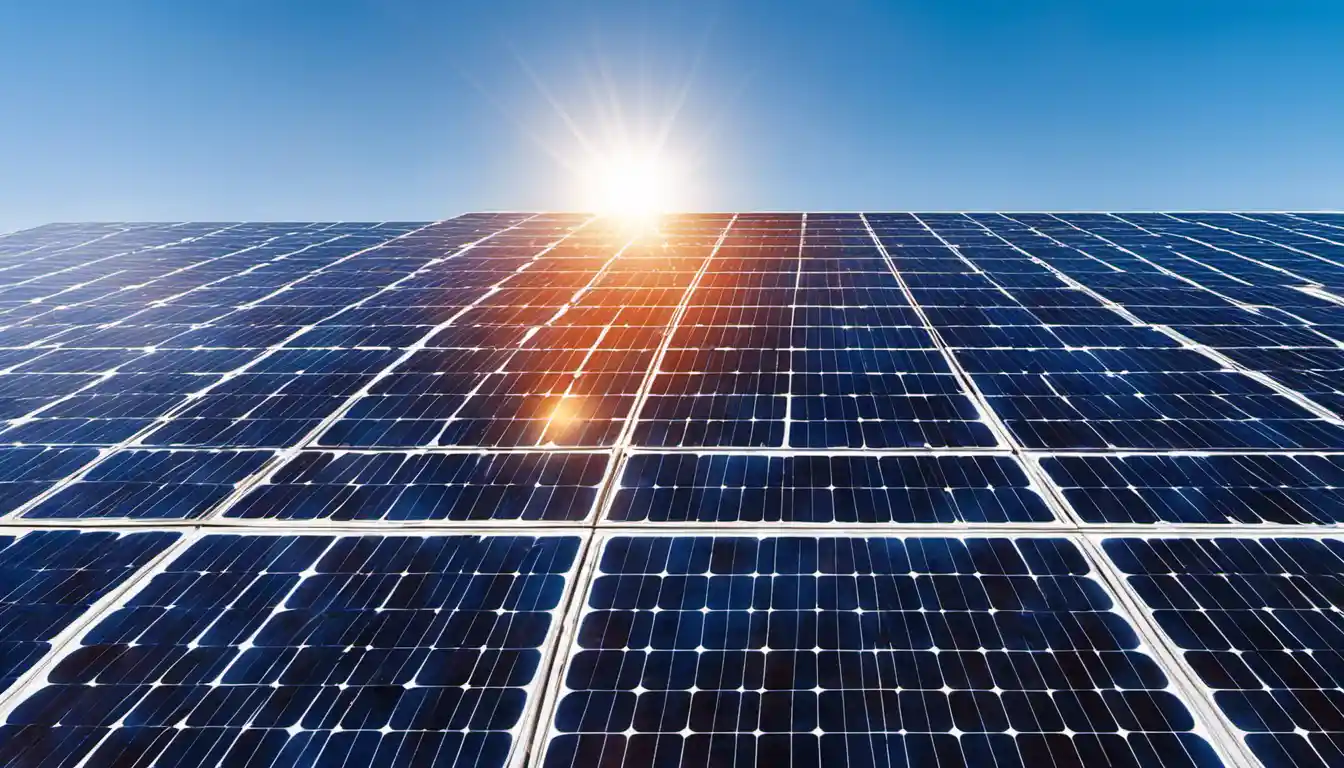Introduction
Leasing solar panels involves paying a monthly fee to a solar leasing company that owns and maintains your solar panel system. On the other hand, buying solar panels entails a higher upfront cost, but you own the system, can apply for federal tax credits, and can potentially increase the value of your home. Both options can lower your electricity bill, but buying offers more long-term benefits while leasing requires less initial investment.
The Key Differences Between Leasing and Buying Solar Panels
Understanding the key differences in the “solar panel leasing vs buying” decision is crucial. Let’s dissect each approach individually.
Leasing Solar Panels: An Overview
Leasing solar panels is akin to renting. You pay a solar company a monthly fee for the duration of a contract, usually 20-25 years, in exchange for the use of solar panels they install on your property. The company owns, maintains, and repairs the panels. You enjoy the benefits of clean solar power without the upfront costs and maintenance worries. However, you may not qualify for many of the incentives offered for solar adoption.
Buying Solar Panels: An Overview
When you buy solar panels, you absorb the significant upfront cost. The good news, though, is that there are numerous solar financing options available, like solar loans and home equity lines of credit (HELOCs). Plus, you own the solar power system outright, which entitles you to a slew of federal and state solar incentives. But remember, ownership also means you’re the address for any associated maintenance and repairs.
Understanding the Cost Implications
Delving deeper into “is it better to lease or buy solar panels”, we have to peek at the wallet.
Cost of Leasing Solar Panels

A solar lease can come with low to no upfront costs. The monthly lease payment is small, but over the term of the contract, it can surpass the cost of buying. Also, you’re bound to the leasing company for the duration of the lease, which may affect future house sales or mortgage refinancing.
Cost of Buying Solar Panels
Income notwithstanding, buying solar panels is a significant upfront investment. However, the total cost can be mitigated by generous federal and state incentives, as well as utility rebates. While the initial cost might sting, owning a solar power system can save you more money in the long term than leasing.
Evaluating Payment Options
Dealing with expenditure, you have a fair list of options.
Cash Purchase for Solar Panels
If you have the financial means, a cash purchase is straightforward, simple, and allows you to reap the maximum benefits from your investment.
Home Equity Loan for Solar Panels
Home equity loans can help you finance your solar panels at a reasonable interest rate. Plus, the interest is typically tax-deductible, adding another level of savings.
Solar Loan for Solar Panels
Solar loans are like home equity loans but specifically designed for solar projects. They often come with attractive features like $0 down payment, low interest rates, and terms stretching to 20 years.
Insights on Leasing Solar Panels

Let’s dig a little deeper into the nitty-gritty of the “solar panel leasing vs buying” decision and ponder on the implications of both.
Potential Losses
Leasing solar panels isn’t all sunshine.
Ineligibility for Rebates and Incentives
One of the biggest drawbacks of leasing solar is missing out on the generous federal Investment Tax Credit (ITC) and state rebates, which can significantly lower the cost of a solar panel system. These incentives typically go to the owner of the system, which is the leasing company in this case.
Possible Difficulty in Selling the Home
If you decide to sell your home, you’ll have to negotiate moving the lease to the new homeowner, which may not be easy if they don’t qualify for the lease or don’t want it.
Potential Gains

Leasing isn’t all gloom either.
Minimal to Zero Upfront Costs
Probably the biggest allure of a solar lease is there are often zero upfront costs and the result can be less expensive electricity from the jump.
Avoidance of Maintenance Costs and Efforts
You don’t have to bother with maintaining or repairing a leased panel system. The second a panel stops soaking up the sun to its maximum potential, the company will be at your doorstep ready to fix it.
Insights on Buying Solar Panels
On the buying side of “is it better to lease or buy solar panels”:
Potential Losses
Significant Initial Investment
The initial cost of purchasing and installing solar panels can be steep, even with available financing options.
Uncertain Return on Investment if You Move
The time it takes to recoup your initial investment can take several years, depending on the system’s cost, your electricity usage, and the amount of sunshine your home receives. If you move before reaching this break-even point, you may not realize a full return on your investment.
Potential Gains
Eligibility for Rebates and Incentives
Owning your panels gives you access to exciting federal, state, and local incentives. The federal ITC, currently a whopping 30% of the system cost, is a massive boon for buyers.
Long-Term Savings
Ownership means no monthly lease payments, and any electricity the system produces after breaking even is essentially free. The savings over time can be substantial.
Access to Tax Credits and Incentives
As a solar panel owner, you’re eligible for the 30% Federal Solar Tax Credit and various state and local incentives, which can help offset your initial investment significantly.
Determining Which Option is Best for You
When deciding “is it better to lease or buy solar panels”, the circumstances of your situation matter most.
Instances Where Buying is the Best Option
If You Have the Funds
If you can afford the upfront costs of buying solar panels, the long-term savings and potential increase in home value make solar panel ownership a wise investment.
Instances Where Leasing is the Best Option
If You Want to Get Started With Solar Quickly
If you’re eager to jump on the solar bandwagon right now without the initial financial hit, leasing can be a sound choice.
Conclusion: Weighing all Your Options
There’s no universally correct answer to “solar panel leasing vs buying”. It comes down to your individual financial situation, how soon you want to start, and the incentive programs provided in your state. For a detailed explanation of the workings of a solar lease, read our guide on how solar leases work.
Factors to Consider Before Settling on a Solar System
Your decision should also be guided by the available rooftop space, the solar energy potential in your area, your current electricity needs, and potential future changes (like buying a new electric vehicle or accommodating a larger family).
In solar panel leasing vs buying, the best decision is the one that gives you both financial comfort and environmental peace of mind. Inform yourself, weigh up the pros and cons, and make the decision that suits you best. Here’s to your sunny future!



